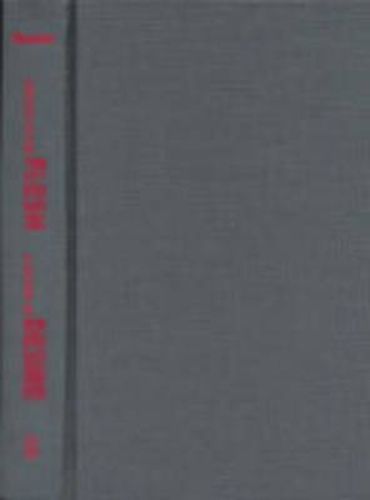Readings Newsletter
Become a Readings Member to make your shopping experience even easier.
Sign in or sign up for free!
You’re not far away from qualifying for FREE standard shipping within Australia
You’ve qualified for FREE standard shipping within Australia
The cart is loading…






Gregory Bateson was one of the most original social scientists of this century. He is widely known as author of key ideas used in family therapy - including the well-known condition called ‘double bind’ . He was also one of the most influential figures in cultural anthropology. In the decade before his death in 1980 Bateson turned toward a consideration of ecology. Standard ecology concentrates on an ecosystem’s biomass and on energy budgets supporting life. Bateson came to the conclusion that understanding ecological organization requires a complete switch in scientific perspective. He reasoned that ecological phenomena must be explained primarily through patterns of information and that only through perceiving these informational patterns will we uncover the elusive unity, or integration, of ecosystems.
Bateson believed that relying upon the materialist framework of knowledge dominant in ecological science will deepen errors of interpretation and, in the end, promote eco-crisis. He saw recursive patterns of communication as the basis of order in both natural and human domains. He conducted his investigation first in small-scale social settings; then among octopus, otters, and dolphins. Later he took these investigations to the broader setting of evolutionary analysis and developed a framework of thinking he called ‘an ecology of mind.’ Finally, his inquiry included an ecology of mind in ecological settings - a recursive epistemology.
This is the first study of the whole range of Bateson’s ecological thought - a comprehensive presentaionof Bateson’s matrix of ideas. Drawing on unpublished letters and papers, Harries-Jones clarifies themes scattered throughout Bateson’s own writings, revealing the conceptual consistency inherent in Bateson’s position, and elaborating ways in which he pioneered aspects of late twentieth-century thought.
$9.00 standard shipping within Australia
FREE standard shipping within Australia for orders over $100.00
Express & International shipping calculated at checkout
Gregory Bateson was one of the most original social scientists of this century. He is widely known as author of key ideas used in family therapy - including the well-known condition called ‘double bind’ . He was also one of the most influential figures in cultural anthropology. In the decade before his death in 1980 Bateson turned toward a consideration of ecology. Standard ecology concentrates on an ecosystem’s biomass and on energy budgets supporting life. Bateson came to the conclusion that understanding ecological organization requires a complete switch in scientific perspective. He reasoned that ecological phenomena must be explained primarily through patterns of information and that only through perceiving these informational patterns will we uncover the elusive unity, or integration, of ecosystems.
Bateson believed that relying upon the materialist framework of knowledge dominant in ecological science will deepen errors of interpretation and, in the end, promote eco-crisis. He saw recursive patterns of communication as the basis of order in both natural and human domains. He conducted his investigation first in small-scale social settings; then among octopus, otters, and dolphins. Later he took these investigations to the broader setting of evolutionary analysis and developed a framework of thinking he called ‘an ecology of mind.’ Finally, his inquiry included an ecology of mind in ecological settings - a recursive epistemology.
This is the first study of the whole range of Bateson’s ecological thought - a comprehensive presentaionof Bateson’s matrix of ideas. Drawing on unpublished letters and papers, Harries-Jones clarifies themes scattered throughout Bateson’s own writings, revealing the conceptual consistency inherent in Bateson’s position, and elaborating ways in which he pioneered aspects of late twentieth-century thought.